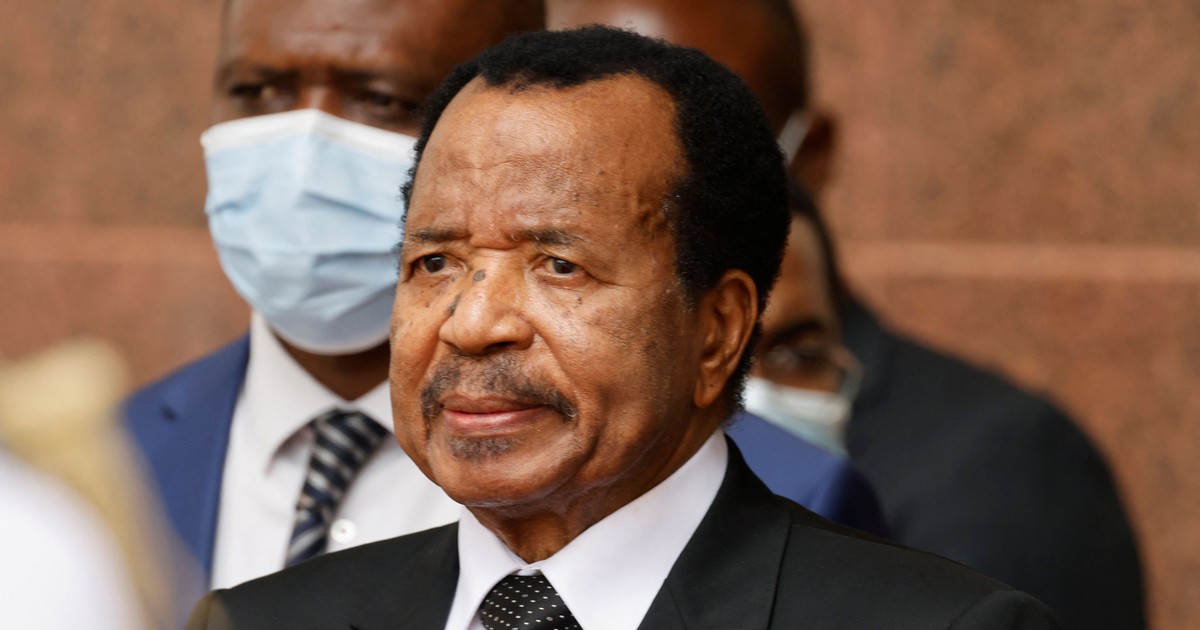Paul Biya, the longest-serving president in Africa, has been the subject of widespread rumors claiming he has died in France at the age of 91.
Biya, who has ruled Cameroon for 42 years since November 6, 1982, has not made any public appearances since his return from the China-Africa summit in Beijing in September, fueling speculations about his health.
His prolonged absence from Cameroon and his unexpected extended stay in France have raised concerns across the nation, with some Cameroonians convinced he may have passed away.
The government has yet to release an official statement on Biya’s health status or his prolonged stay abroad, leaving a vacuum that has been filled with conjecture and anxiety.
READ ALSO: How Customs arrested Cameroonian with pistol, 52 elephant tusks in Cross River
Social media and local discussions have been flooded with claims that Biya has already died, a belief gaining traction among Cameroonians as his absence stretches into weeks. Some citizens are pointing to his advanced age and frailty, which have been apparent in recent years, as factors making these rumors plausible.
Biya’s long rule has been marked by political repression and centralized power, leaving Cameroon with little in the way of succession planning. His absence, whether due to health reasons or otherwise, has caused growing uncertainty about the nation’s political future.
If he were to pass away, Cameroon could face a period of instability as questions arise over who will take over leadership in a country where opposition voices have long been stifled.
Political analyst, Dr. Emmanuel Tchatchoua, explained the gravity of the situation: “Biya’s death, if confirmed, could set off a power struggle in Cameroon.
READ ALSO: Kigame, Biya reshuffle countries’ military chiefs amidst coup scare
The country has no clear succession plan, and the ruling party, the Cameroon People’s Democratic Movement (CPDM), has tightly controlled the political landscape for decades. The lack of transparency over his health is only adding to the political uncertainty.”
Biya has faced growing criticism in recent years for his government’s handling of economic issues and the insurgency in the Anglophone regions, which has led to a violent separatist movement.
His absence is heightening concerns that a leadership vacuum could exacerbate ongoing crises, with separatist groups potentially exploiting any political turmoil.
As tensions rise, Cameroonians wait for an official declaration on Biya’s health, with many fearing that the longer the silence continues, the more likely it is that the rumors may be true.
For now, the country remains in limbo, with uncertainty about the fate of its longest-serving leader and what lies ahead for its governance.


 Entertainment6 days ago
Entertainment6 days ago
 Health1 week ago
Health1 week ago
 Health4 days ago
Health4 days ago
 Football1 week ago
Football1 week ago
 Football1 week ago
Football1 week ago
 Crime4 days ago
Crime4 days ago
 Education6 days ago
Education6 days ago
 Crime1 week ago
Crime1 week ago
